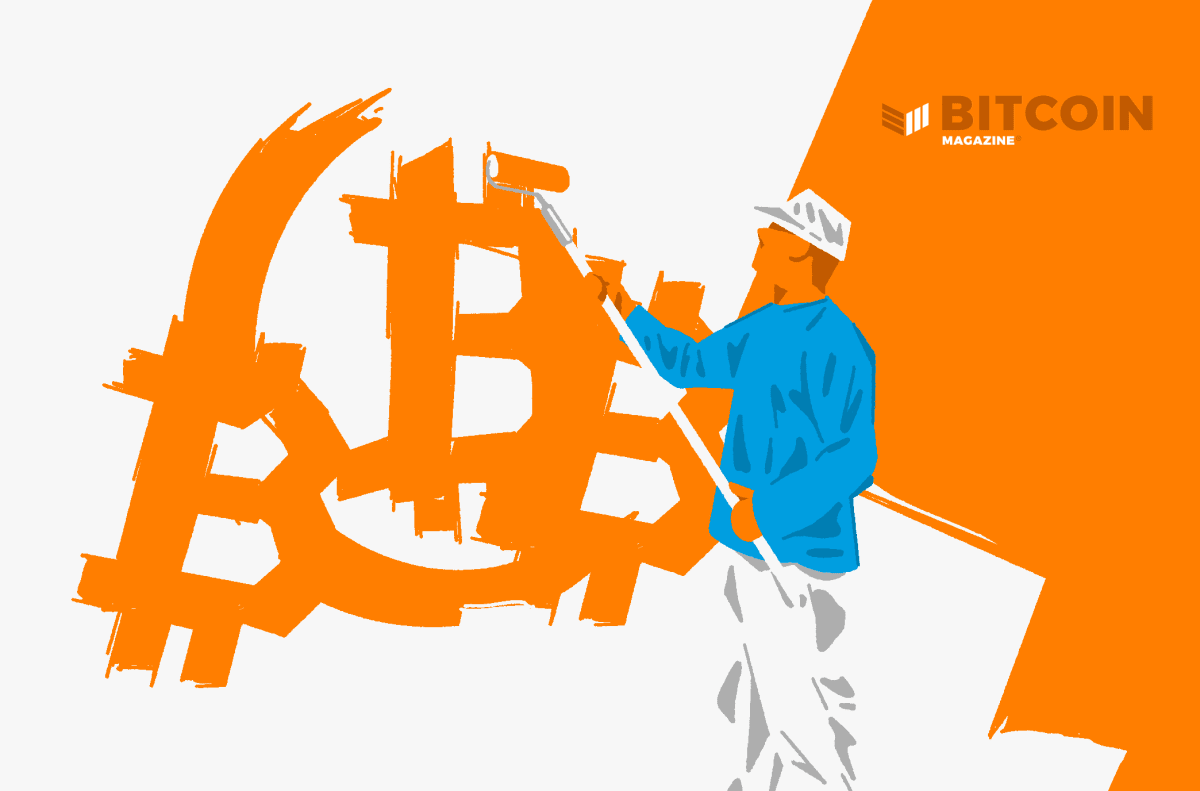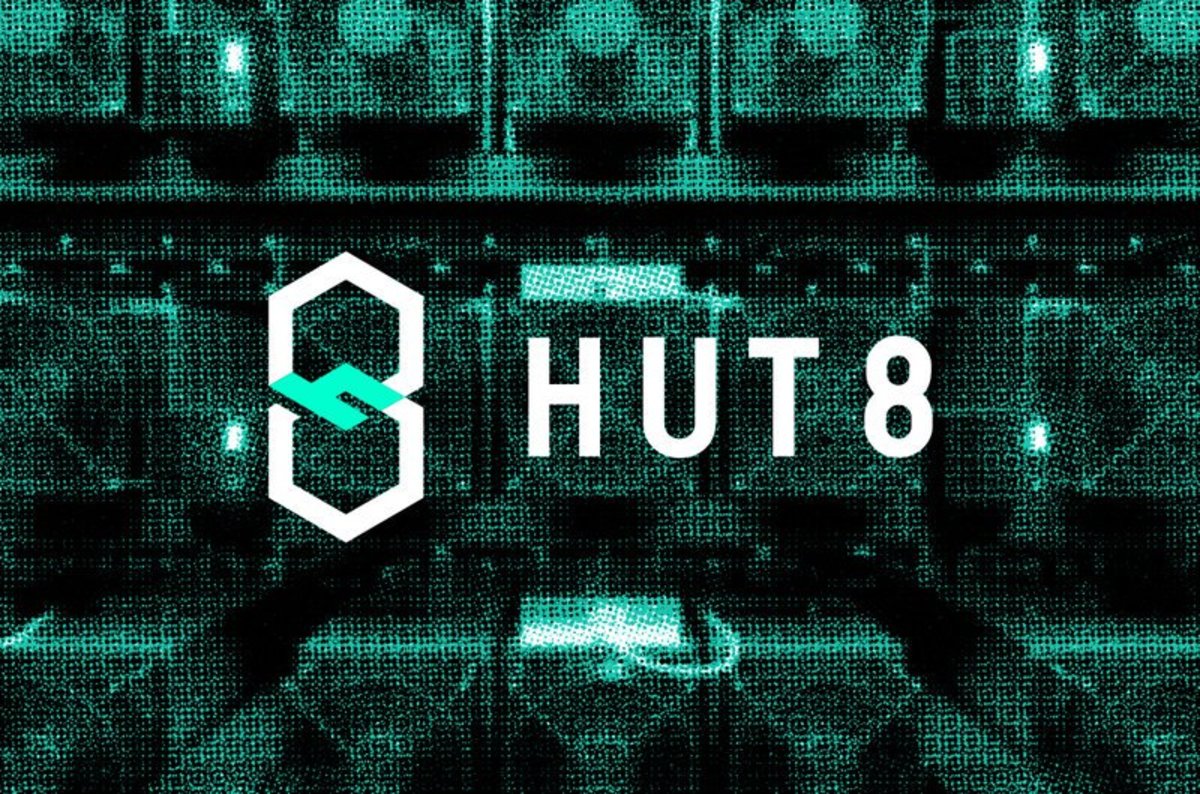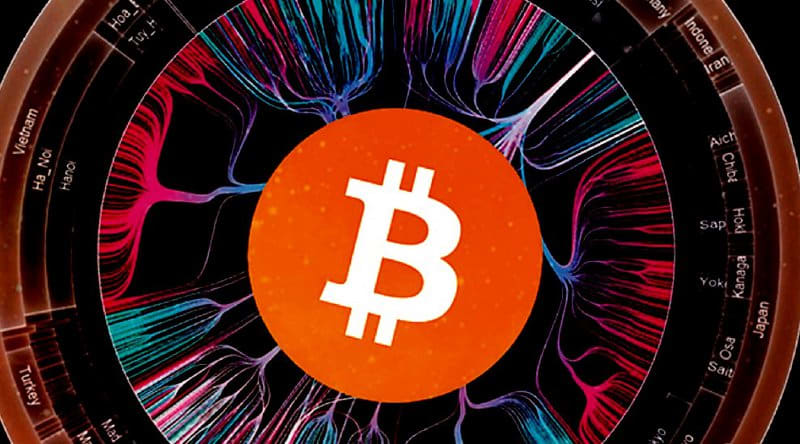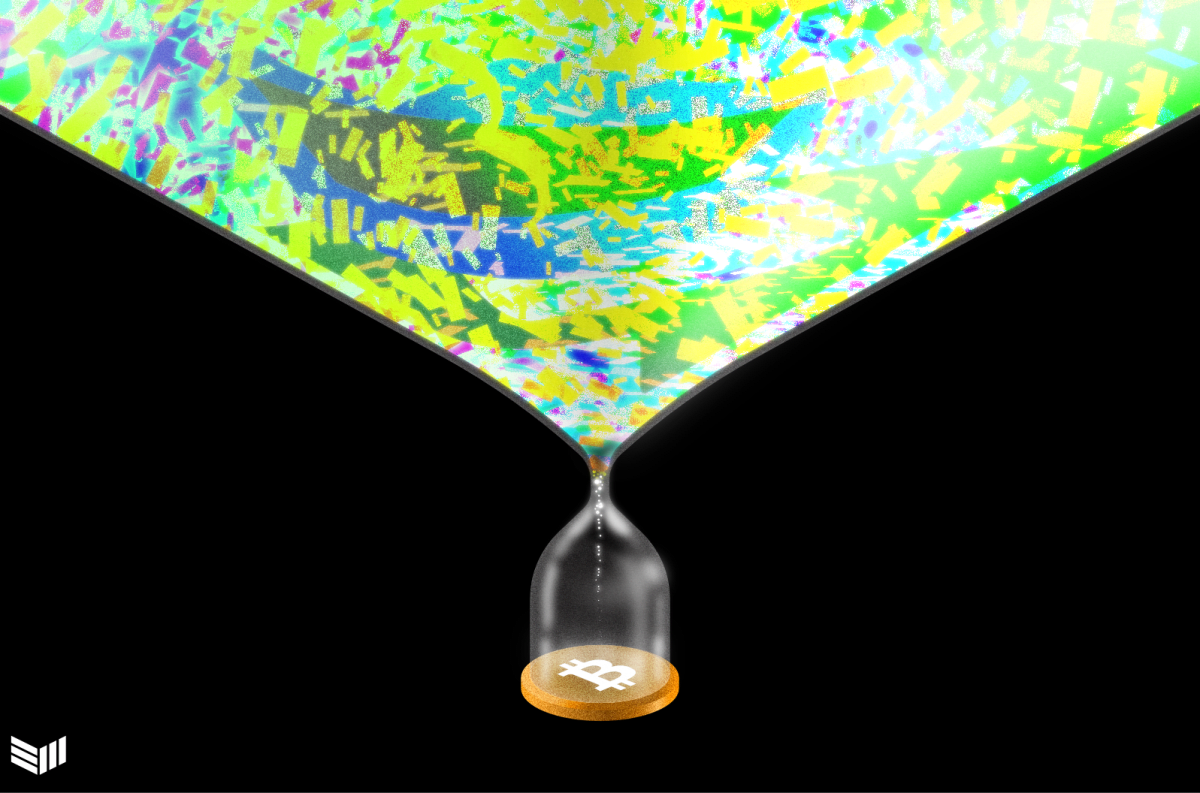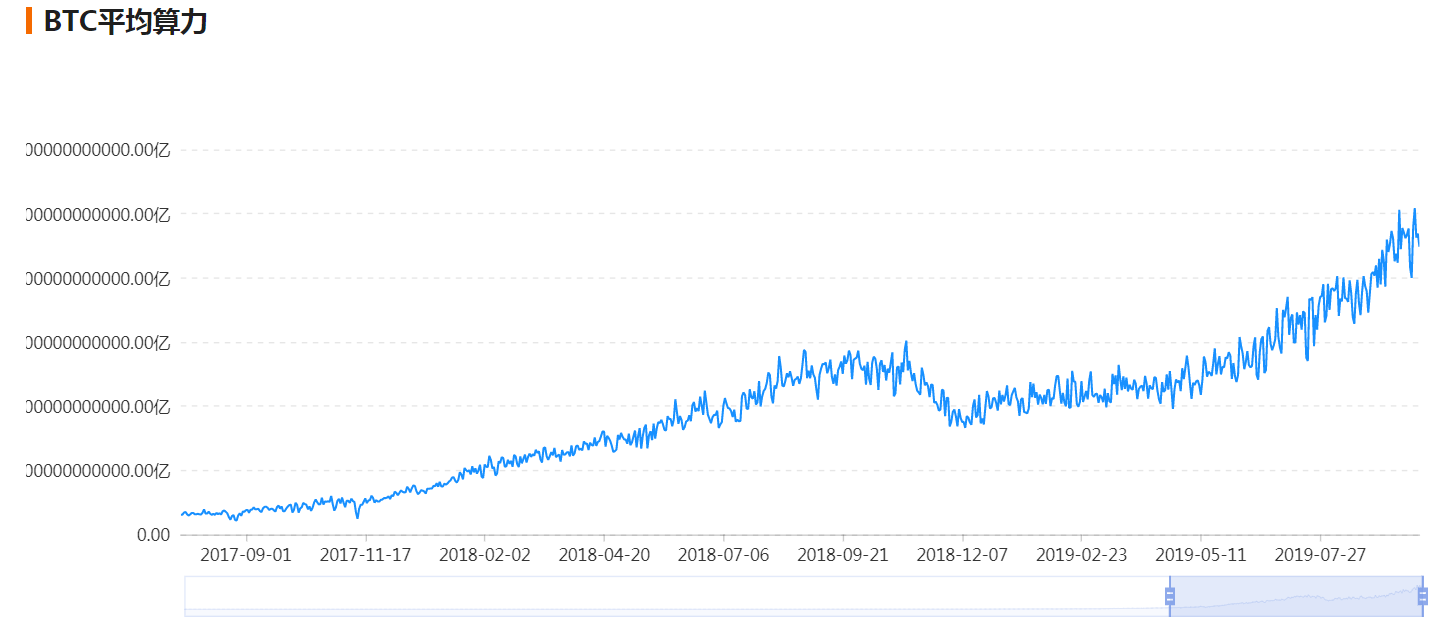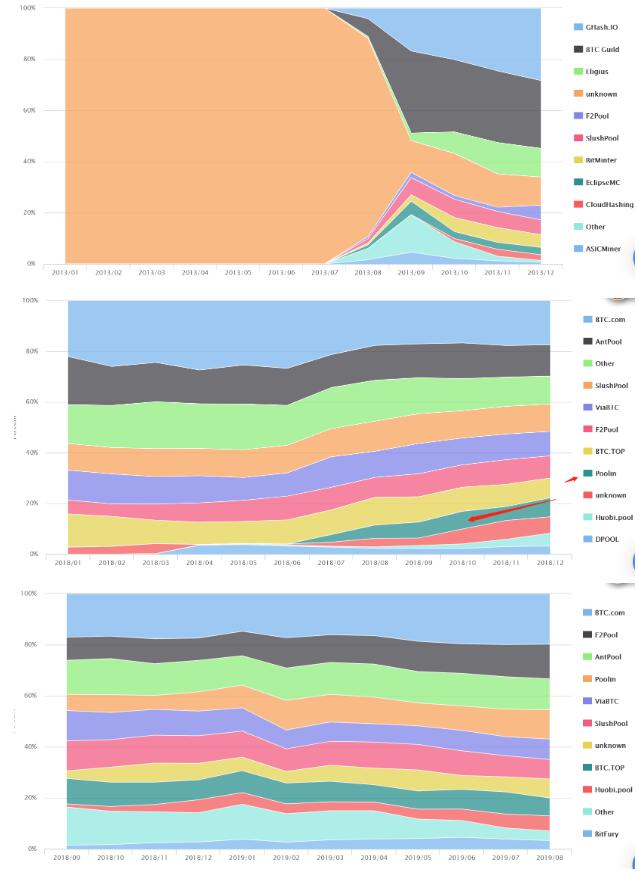The Bolt-A-Thon Sequel to Spark Lightning Innovation
From December 6 to 8, 2019, the second edition of the Bolt-A-Thon will take place in the natural habitat of Bitcoin and the Lightning Network — the internet. The Lightning-centered hackathon and conference is a follow-up to the inaugural event in April 2019, where many creative ideas were presented and many Lightning-focused projects made tangible progress — for instance, after the multi-platform payments service Bottle Pay won the Bolt-A-Thon, it went on to raise $2 million to boost development.
Speakers at the event, who will be making their presentations via livestream, include Lightning Labs Infrastructure Lead Alex Bosworth, Blockstream researchers Christian Decker and Rusty Russel and c-lightning developer Lisa Neigut.
A Decentralized, Inclusive Conference Fit for the Technology
For a participation fee of only 100,000 satoshis (about $8.30), Lightning enthusiasts from all around the world can purchase single-session tickets to watch these presentations via Zoom. The event has eight sessions (one for each speaker), so the total cost of watching all presentations will amount to 800,000 satoshis. The event’s ticket page allows attendees to choose sessions individually.
In the true spirit of the Lightning Network, signup only requires payment to generate a participation code used to join the livestreams, with the option to submit an email address as well. There is no mandatory KYC process, no requirement to use a real name and no way to discriminate among potential participants. The price is low enough to encourage enthusiasts from all around the world to learn more and engage with the Lightning community.
“Our goal here is to offer an alternative to physical conferences,” Bolt-A-Thon co-founder Andrew Yang told Bitcoin Magazine. “I’ve witnessed situations where tickets were very expensive, and I also had to take into account housing and travel costs — these were usually more expensive than the ticket. The Bolt-A-Thon allows people from all over the world to participate either by creating a Lightning project or attending sessions.”
Building Innovation at Bolt-A-Thon
Participants in the hackathon will need to pay just 100 satoshis (about $0.0083) and also prove that they’re running a Lightning node. In the final day of the event, they will have to make five-minute presentations about their projects and vote for the participants whose work they consider to be innovative and game changing. Criteria for excellence include theme adherence (must use the Lightning Network for payments), applicability as a real-world use case (the practical dimension) and “wow” factor (an aspect that may woo mainstream audiences and spread adoption).
The winning efforts will be awarded with prizes that amount to 0.45 BTC: 0.2 BTC for first place, 0.15 BTC for second place and 0.1 BTC for third place. Furthermore, the hackathon could serve as a platform for interesting projects to secure external funding from investors and companies interested in innovation — as Bottle Pay did.
The decentralized and merit-based nature of the event means that an innovation from anywhere in the world could receive a spotlight.
“During the first conference, we had attendees from Brazil, South Africa, Thailand, Spain, Argentina, Nigeria and the U.S.,” Yang said. “Bitcoin events, presentations and hackathon opportunities shouldn’t just be for the first-world countries. Bitcoin is for the whole world and that’s why we think making it virtual enables us to reach and foster the global development of Bitcoin and Lightning.”
The post The Bolt-A-Thon Sequel to Spark Lightning Innovation appeared first on Bitcoin Magazine.

